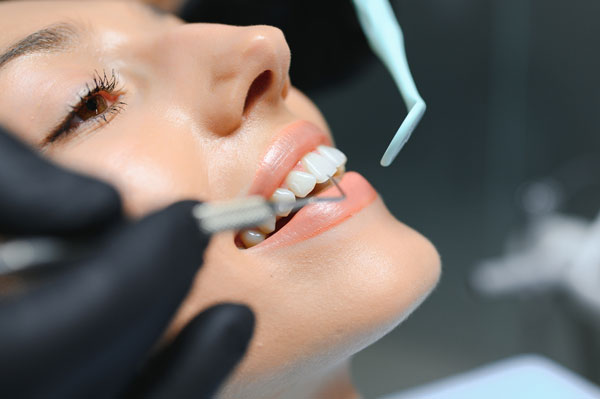Dental Cleaning in Port St. Lucie, FL

How often should you get a dental cleaning?
If you have relatively healthy gums we recommend professional cleaning 2 times a year. Most dental insurances cover 2 cleanings and exams per year which must be scheduled 6 months apart for full coverage.
Depending on your gum health your dentist and hygienist may recommend professional cleanings more often or more advanced cleanings in addition to recommendations on improved home care.
Request an appointment here: https://www.stluciedentist.com or call
St Lucie Center for Dental Cleaning at (772) 878-5000 for an appointment in our Port
St. Lucie office.
Types of dental cleanings:
- Gingivitis cleaning
- Scaling and root planning (commonly called “deep cleaning”)
- Debridement
Check out what others are saying about our dental services on Yelp: Dental Cleaning in Port St. Lucie, FL.
Related Posts
Using proper deep teeth cleaning techniques can help prevent serious oral health problems in the future. However, some people are hesitant to have this procedure done because they are concerned about the amount of time that it will take for their gums to heal properly afterward. Here, we explain how long it takes for the…
Wondering whether it is OK to skip oral hygiene from time to time? Read on to learn from a general dentist why that is not a good idea. All general dentists preach the importance of good oral hygiene between dental cleaning visits for a reason. The long-term focus for general dentists is on helping their…
Dental patients can visit a general dentistry office for various preventative procedures that promote long-term oral health. For example, dental sealants can protect teeth susceptible to decay, and a dentist may recommend this treatment option for multiple reasons.Sealants are wafer-thin coatings of resin or plastic a dentist places over the chewing surfaces of back teeth…
When you experience a dental injury, serious tooth pain, or signs of a potential infection, it is important to schedule a general dentistry appointment. While dentists are equipped to treat a variety of oral health issues, many of these can be avoided with proper preventative care. Most dentists offer treatments that can help significantly reduce…




